

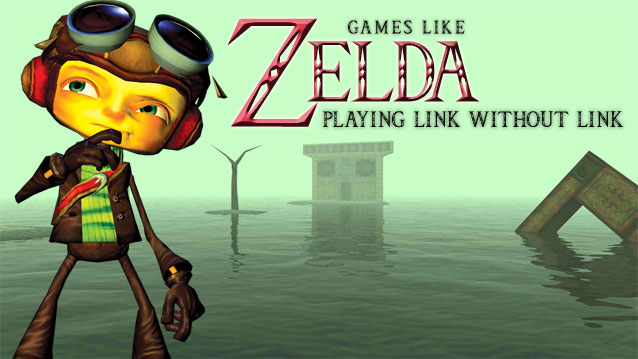
The Legend of Zelda is a game that defined videogames for a generation of gamers, and ever since its release in 1986, the series has spawned over a dozen sequels. So influential is the Legend of Zelda that even its music has been infused into the minds of gamers everywhere, its symbols and art in the tattoos of a great many fans. They are, in other words, some of the most beloved games of all time.
Shigeru Miyamoto's creations have also been the main influence of numerous games not unlike The Legend of Zelda—some of which had aspirations to succeed the series, while others happily ruled over their own domains.
The pretenders aside, this article takes an in-depth look at seven of the best games to offer a "Zelda-like" experience while retaining their own sense of originality, style, and unique experience—in addition to offering distinct contributions to videogames as a whole.
3D Dot Game Heroes could be described as a parody of the Zelda games, but calling it that would be a disservice to the game. It is a love letter to the Zelda series—an homage, rather than a rip-off.
There's much to like in the game, from its engrossing combat—which sees you gleefully chopping enemies into pixelated bits—to the playfulness and irreverence of Miyamoto's masterpieces.
Remarkably well designed, and charming in spite of its goofiness, 3D Dot Game Heroes will put a huge grin on your face if you spent your childhood pretending to be Link.
Vigil Games' Darksiders has been referred to by many as "Dark Zelda" and with good reason—if God of War and Ocarina of Time had a baby, it'd come in the form of Darksiders.
Darksiders offers the slick, and skill-oriented combat of the God of War games while retaining the puzzle-solving and adventuring sensibilities of Zelda. It provides the player with a relatively open world to traverse through, opening up new areas as the player unlocks new traversal abilities such as a grappling hook and a phantasmal set of wings.
To draw the parallels to Ocarina of Time even closer, Darksiders even allows you to acquire a steed for which to move through the larger areas with ease and overcome obstacles. Epona might be cool for a horse, but Ruin is the only way to travel through the blighted lands of post-apocalyptic Earth.
Okami is everything you could ask for in a game that's "like Zelda, but isn't" and then some. You play the role of Amaterasu, the Japanese goddess tasked with restoring peace and prosperity throughout lands beset by chaos. There's combat, puzzles, and just about everything you can expect—but with a few surprises.
Okami is stylized in Japanese woodcutting, watercolor, and silk printing—an aesthetic unlike anything ever seen in a videogame. It's a bit like playing with an interactive painting that animates as you play.
In addition to its art style, Okami offers a unique gameplay mechanic in the form of an interactive brush which allows you to manipulate the environment and overcome challenges.
The Binding of Isaac is the product of the mind of Edmund McMillen, who created the frustratingly difficult Super Meat Boy. Unlike other games on this list, which are mainly alike the later titles in the Legend of Zelda series, The Binding of Isaac is an homage to the original Legend of Zelda. Specifically—it has the same kinds of dungeons.
The Binding of Isaac combines the dungeons of the earliest Zelda with the randomly generated challenges of roguelikes and dungeon crawls. It's a cruel, difficult game with no save files that challenges Isaac to escape the dungeon and defeat his mother, who cast him into the basement after hearing the voice of God.
Rife with religious references and Tim Burton-esque in its gothic aesthetic, The Binding of Isaac offers an experience like no other.
The planet of Hyllis has fallen under the shadow of war, and its once proud citizens are subject to the rule of the Alpha Section defense squad, who are supposedly there to maintain the peace. Questioning the official narrative is Jade, a young photojournalist who suspects that things are not as they seem.
Players take on the role of Jade, who vows to uncover the truth behind the Alpha Section and armed with the truth, free the people of Hyllis from the iron grip of their oppressors.
The game is undeniably idealistic in the sense that a single person like Jade—or Julian Assange, to draw a parallel from the real world—could mobilize the entire populace into overthrowing their oppressors armed only with information.
Epic Mickey is the creation of Warren Spector and his team at Junction Point. Known for his work on both Deus Ex and the Thief series, Warren Spector brought his creativity to Disney's biggest franchise and delivered with aplomb.
In what can only be described as a "magical" adventure, playing Epic Mickey will make you realize what's missing from games today. Epic Mickey provides you with the opportunity to experience the world of Disney like you've never seen.
As opposed to mindless violence, Epic Mickey delivers challenges in the form of puzzles, platforming, and an ingenious paint/thinner mechanic that opens up room for exploration like no other game has managed.
Flawed though the game may be—thanks in no part to its clumsy camera—Epic Mickey is a masterpiece, provided you look past its shortcomings. The sequel is forthcoming.
No game exhibits as much magnetic appeal as Psychonauts. The brainchild of Tim Schafer and the crew of Double Fine, Psychonauts is a rare game that manages to fuse a compelling story with gameplay that I can only describe as being "very, very good" in the utmost sense.
It is a weird, and immensely playable game that places you in the role of Raz, a psychonaut in training who quite literally delves into the minds of others. Much of the game takes place in the Whispering Rock Psychic Summer Camp, and within the heads of the faculty and their students.
While Psychonauts may lack the 'epic' scope of Ocarina of Time, it makes up for it with its originality, writing, characters, art, puzzles, level design, and story. And as far as I'm concerned, Psychonauts is a grade above most games, regardless of genre.




 5 Multiplayer Tips for Call of Duty: Advanced Warfare
5 Multiplayer Tips for Call of Duty: Advanced Warfare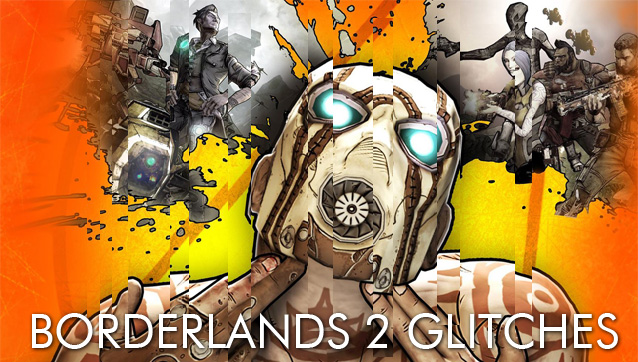 Borderlands 2 Glitches Guide: Welcome to Pandora, kiddos!
Borderlands 2 Glitches Guide: Welcome to Pandora, kiddos!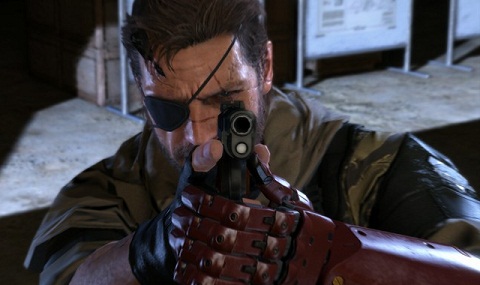 MGS 5: The Phantom Pain how to become a Hero or Demon
MGS 5: The Phantom Pain how to become a Hero or Demon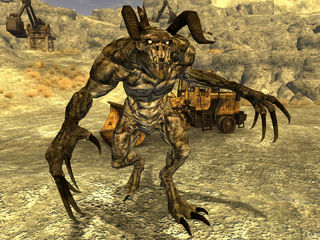 Biggest and Dangerous creatures and monsters in Fallout 4
Biggest and Dangerous creatures and monsters in Fallout 4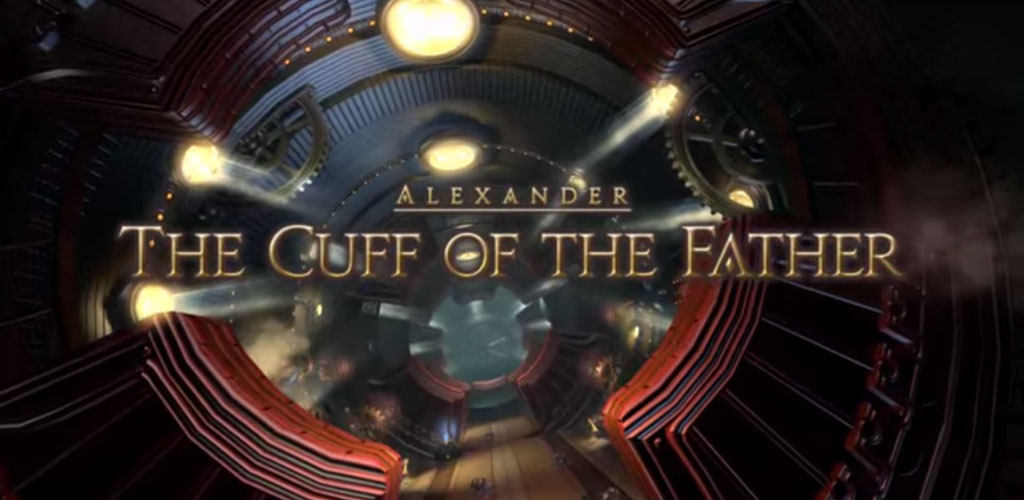 FFXIV: Alexander Raid – The Cuff of the Father Guide
FFXIV: Alexander Raid – The Cuff of the Father Guide